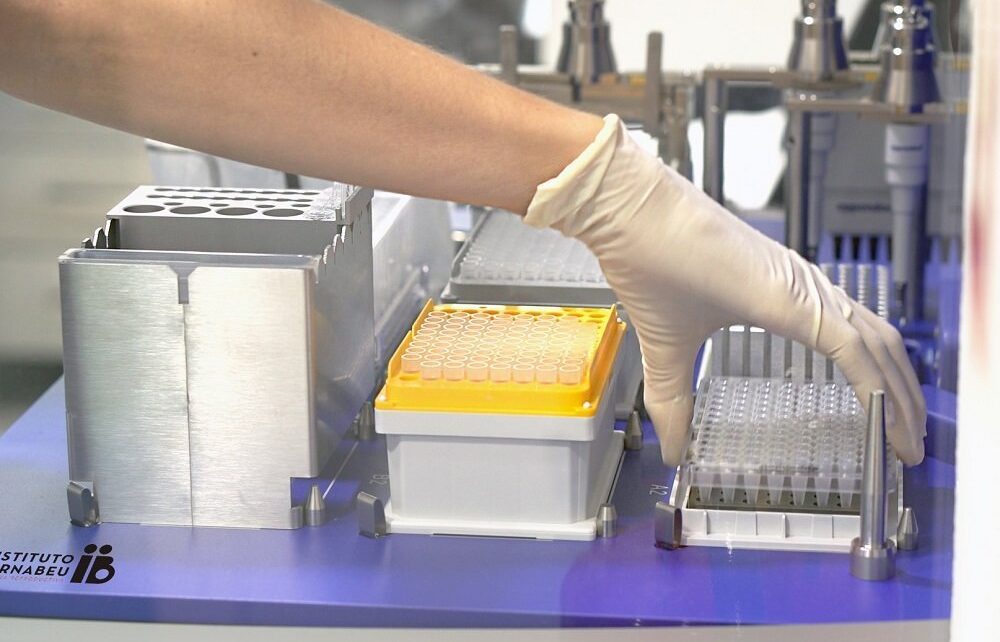Instituto Bernabeu develops IBgen Sperm, a new study for male infertility
May, 5th 2021

Instituto Bernabeu has taken a giant step to detect the causes of genetic origin male infertility, which are the most frequent, but so far difficult to detect. A study of the 426 main genes participating in the sperm formation process (spermatogenesis) can help men to know if there’s a genetic cause for his infertility. After investigating, from a fertilitygenetic point of view, what may cause this inability to conceive, Instituto Bernabeu has designed the IBgen Sperm study. This is an important advance in the studies carried out on men. Barely 40% of the causes preventing man from having offspring were diagnosed and although the most frequent are those of genetic origin, only 15% are detected because until now there were very few genes that could be analyzed.
The state-of-the-art technology used by Instituto Bernabeu as well as continuous research and advances in molecular biology have allowed the IBgen Sperm study to be carried out. The study of the 426 genes makes possible to offer a prognosis and individualize the most appropriate treatment for each specific case.
It’s a test indicated for patients with altered seminal parameters. Especially those with a diagnosis of absence of sperm in the semen (azoospermia); presenting a low number (oligozoospermia); males with decreased sperm motility (asthenozoospermia); or the alteration in the quality of the perm, both in concentration and morphology (oligoteratozoospermia).
The IBgen Sperm is performed in a simple way, with a sample of blood or saliva. To detect the possibility of genetic mutations, a bioinformatic study is carried out. And it allows to expand other studies such as karyotype, FISH or seminal TUNEL.
